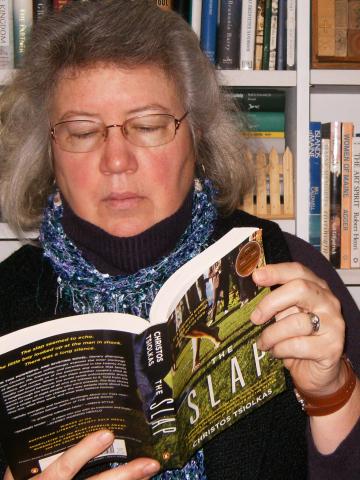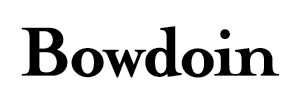
Christos Tsiolkas’ novel, The Slap, begins with a multigenerational, multicultural collection of friends and relatives enjoying a summer barbeque in suburban Australia. During the gathering, a misbehaving child is slapped by an adult who is not his parent. The book’s subsequent chapters reveal the perspective of eight different people who were witnesses – perspectives that are shaped by their own childhood upbringing in diverse cultures, their current intimate yet convoluted family relationships, and their personal moral compass. Although I am only two-thirds through this novel, I can tell that the reverberations of the slap will echo long after the barby (as Australians refer to barbeque) is over, changing the characters’ lives and friendships, and forcing me to think about parenting, discipline, and how I might have reacted in similar disturbing circumstances.

